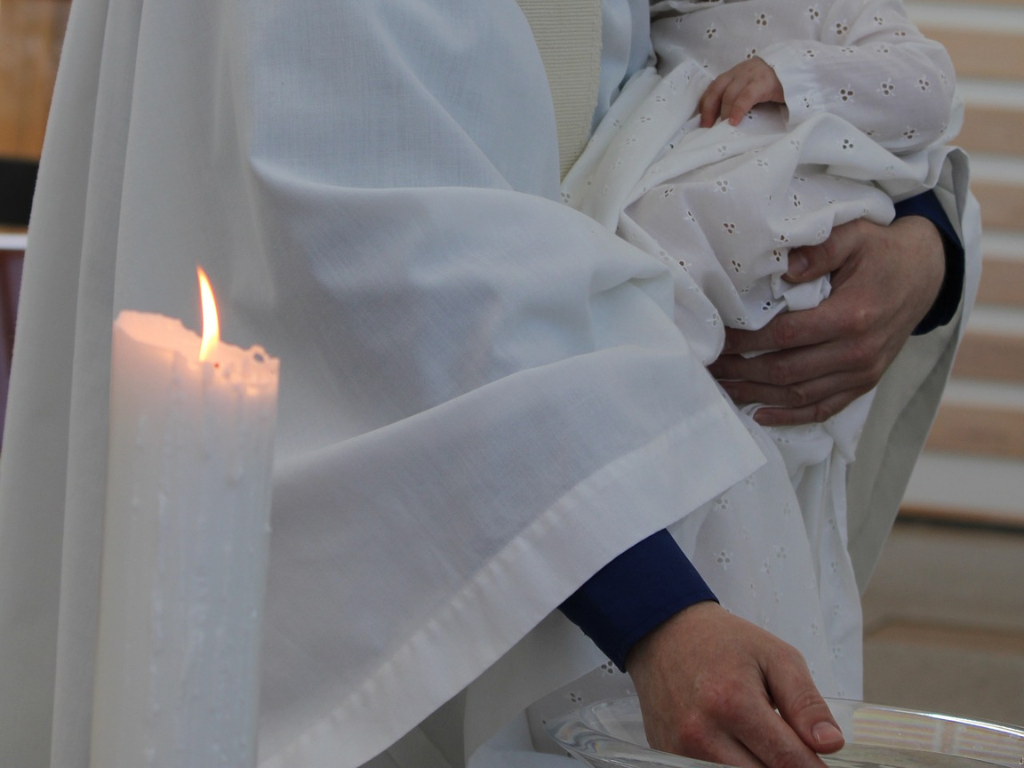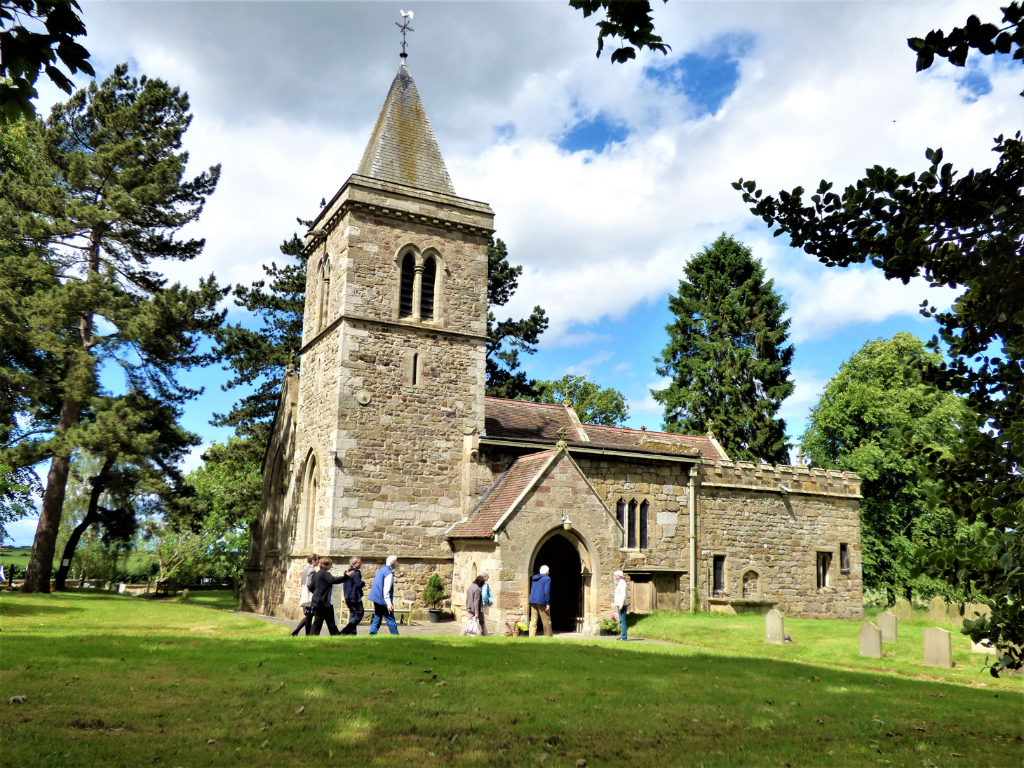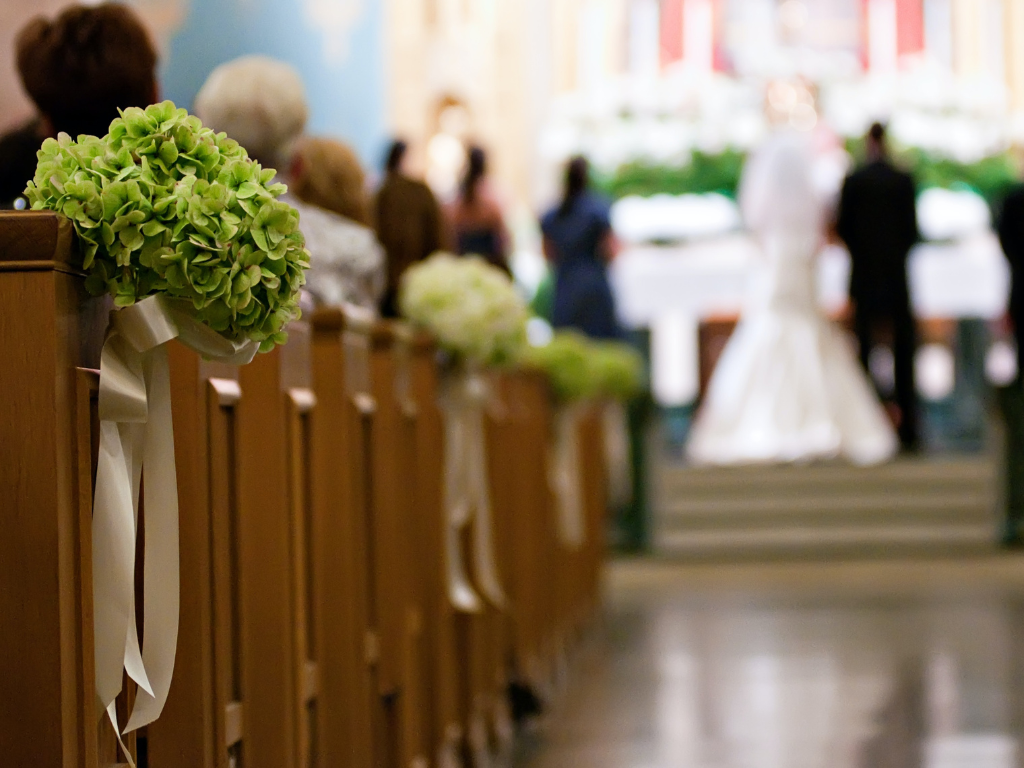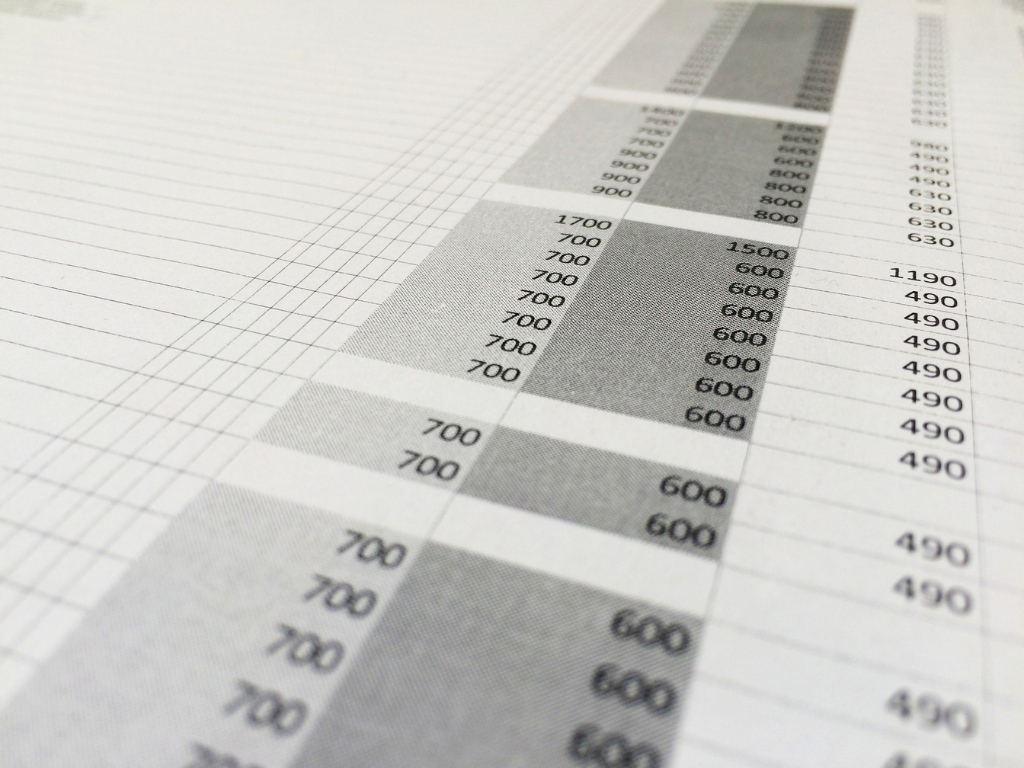We are responsible for the day to day transactional work of the Diocesan Board of Finance (DBF).
We record income and expenditure, process payments, administer the parochial fees process and provide regular management reports to the Finance Committee and Board.
We also prepare annual statutory financial statements and the Budget and medium term financial plans.
General finance enquiries should, in the first instance, be directed to finance@leeds.anglican.org or if your query relates to Parochial Fees please email fees@leeds.anglican.org
For information on Stewardship and Income Generation click here.
Casual Duty Fees
Find information here about services taken during vacancy. Find out more.
Non-Safeguarding Serious Incidents
Find information here that explains how to identify when a Non-Safeguarding Serious Incident has occurred and provides guidance on how you should report it to the Charity Commission. Find out more.
Parish Share Explained
Parish Share is the amount of money that your parish is asked to contribute to pay for mission and ministry, specifically for clergy stipends and their housing. Find out more.
Parochial Fees
Find here information about parochial fees. Find out more.
Share Reports
Find here share reports containing information relating to parish share requested and amount paid by Episcopal Area, Deanery and Parish. Find out more.
Useful Links, Information and Resources
Find here useful information, links and resources. Find out more.
Meet the TeamEmail: finance@leeds.anglican.org Phone: 0113 353 0195 |
|
 |
Jane Adams
|
 |
Hayley Drury
|
 |
Jordan Clark |
 |
Patrick Dylak |





